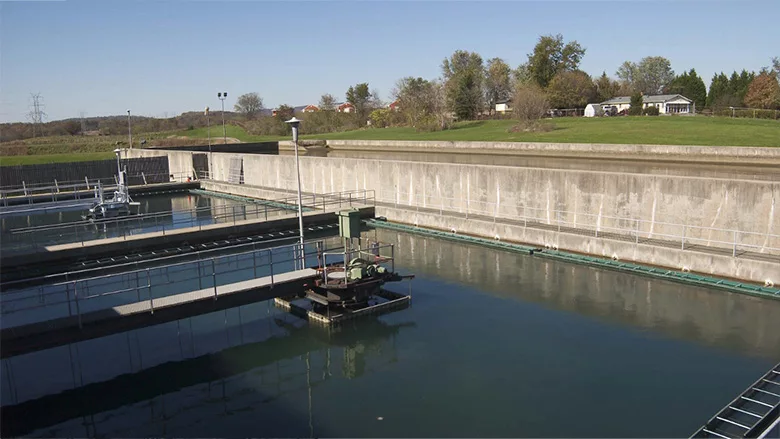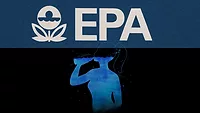EPA’s National Drinking Water Advisory Council Sets Meeting
NDWAC schedules virtual meeting for Jan. 10, 2025

The NDWAC is a federal advisory committee that is tasked with providing the EPA with advice on drinking water policy.
Photo courtesy of EPA
The Environmental Protection Agency’s (EPA) National Drinking Water Advisory Council (NDWAC) has set Jan. 10, 2025 at 11:30 a.m. for a virtual meeting that is open to the general public.
The NDWAC is a federal advisory committee that was established under the Safe Drinking Water Act of 1974, and is tasked with providing the EPA with advice, consults, and recommendations on activities, functions, policies, and regulations related to national drinking water programs, according to the council.
The NDWAC website provides information about the council’s membership, activities, and meetings, including providing summary documents of past meetings, including the last meeting that was held Jan. 31, 2024.
The EPA says the agenda for the Jan.10, 2025 NDWAC meeting, and information on how to register for and to attend that meeting online will be provided prior to the meeting on the EPA’s website at https://www.epa.gov/ndwac.
The NDWAC is a federal advisory committee that is tasked with providing the EPA with advice, consults, and recommendations on activities, functions, policies, and regulations related to national drinking water programs.
In addition, the EPA says it will allocate one hour for the public to present oral comments during the NDWAC meeting. Therefore, persons interested in presenting an oral statement should send an email to Tracey Ward—the EPA’s NDWAC Designated Federal Officer, Office of Ground Water and Drinking Water (Mail Code 4601), EPA, 1200 Pennsylvania Ave., NW, Washington, D.C. 20460—at ward.tracey@epa.gov by noon, EST, on Jan. 2, 2025.
Oral statements will be limited to three minutes per person during the public comment period, and it is preferred that a single person present a statement on behalf of a group or organization, EPA says.
Furthermore, those who wish to file a written statement with the NDWAC can do so before or after the meeting by sending written statements by email to ward.tracey@epa.gov. Such statements will become part of the permanent file for the meeting and will be forwarded to NDWAC members after the meeting concludes. Members of the public should be aware that if their personal contact information is included in written comments, that information might be posted on the NDWAC website as part of the document, but copyrighted material will not be posted without the explicit permission of the copyright holder, EPA says.
For further information on the meeting, contact Tracey Ward, at (202) 564–3796; or by email to ward.tracey@epa.gov.
Click here to register for this online meeting.Looking for a reprint of this article?
From high-res PDFs to custom plaques, order your copy today!




